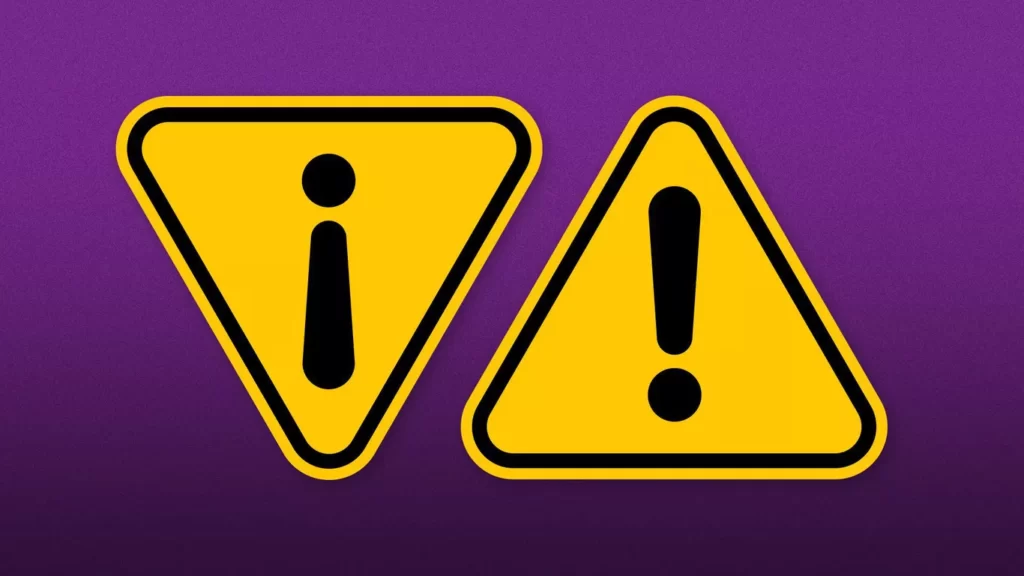Astrid Galván
A group of Democratic lawmakers urged Facebook-parent company Meta Wednesday to weed out more Spanish-language disinformation on Russia’s war in Ukraine.
Driving the news: The lawmakers sent a letter to CEO Mark Zuckerberg saying Russian state-controlled outlets are targeting Spanish speakers with false narratives about the invasion.
- “The viral spread of these narratives stands in stark contrast to assurances that Meta made to the public and Members of Congress that it is prioritizing the pressing needs of Hispanic communities in the United States,” reads the letter, signed by 21 lawmakers.
The big picture: Disinformation and misinformation are a huge problem among Spanish-speaking communities.
- Researchers say disinformation played a significant role in some Latinos voting for former President Trump in the 2020 elections after being bombarded with false information about President Biden.
- A Nielsen report last year found that 28% of the content Latinos see on news websites they visit most often was flagged as biased, conspiracy-based or pseudoscientific.
What they’re saying: The lawmakers, including Rep. Tony Cárdenas (D-Calif.) and Sens. Ben Ray Luján (D-N.M.) and Bob Menendez (D-N.J.), say Meta has continually failed to fully address disinformation for Spanish-speaking communities.
- The disinformation is “designed to undermine a resolute global response necessary to stand against the Russian government’s aggression,” the letter reads.
- The lawmakers cite a reported increase in engagement between Facebook users and the page for RT en Español in the last week of February.
Meta spokesperson Andy Stone said in an email to Axios that the company is removing content related to the war in Ukraine that violates policies and working with third-party fact checkers to debunk false claims.
- He added that the company has demoted content from Russian state-controlled media like the Spanish-language RT from around the world.
- “We’re also giving people more information to decide what to read, trust, and share by adding warning labels on content rated false, and applying labels to state-controlled media publishers, including ones cited in the letter.”
Editor’s note: This story has been updated with additional details from Meta.

Source: axios.com

